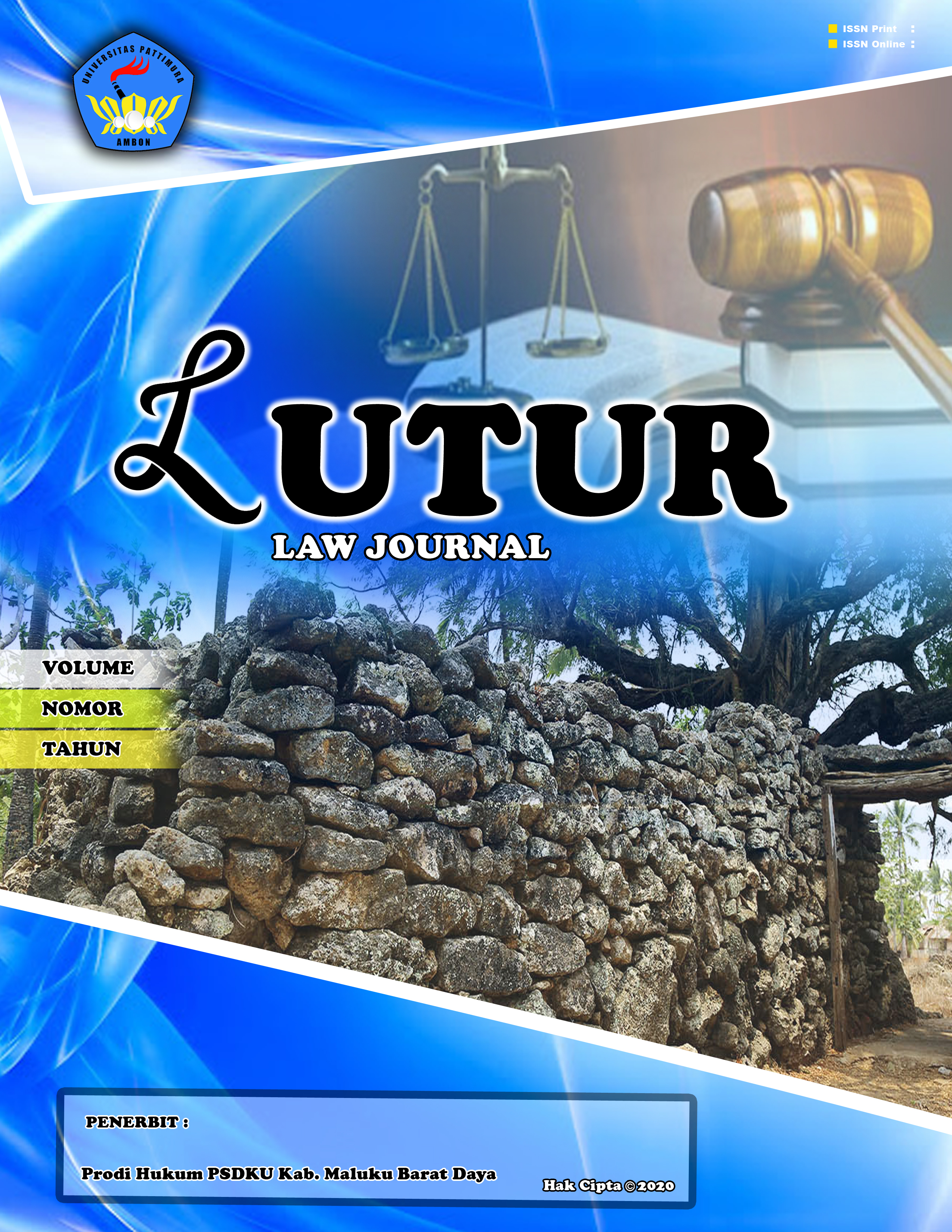Content Creator Legal Ability For Submit Banking Credit Agreement in Indonesia
Abstract
Introduction: Advances in information technology and digitization bringing up a new job profession called Content Creator. To support the quality of their work, content creators need equipment. The need for this equipment is often become content creator challenge. One way that can be done is to apply for credit to the bank. The problem arises when the profession of a content creator has not been considered "legally capable" by the bank to submit for credit. Purposes of the Research: The purpose of this research is to prove that content creators are legally capable of submitting for credit agreements on banks because they have fulfilled the legal provisions of the agreement law and the principle of prudence of the bank. This research also aims to contribute science, especially to the field of agreement law. Methods of the Research: This research used normative legal, which reviews and analyzes. The approach methods used are the statute approach and the conceptual approach. The source of legal materials and data from previous research or related scientific articles. Legal and data material collection techniques are the study of documents or literature. The data analysis method used is data collection, presentation of data (data display), and conclusion verification. Results / Findings / Novelty of the Research: Adult content creators must be recognized as legally capable of performing credit agreements with banks, because the credit agreement does not conflict with the legal aspects of agreement law and it fulfill the subjective and objective elements. In addition, banks with the principle of prudence (6C) can certainly analysis both legally and business aspects and knowing the feasibility and purpose of credit application from content creator
Downloads
Authors who publish their manuscripts in this Journal agree to the following conditions:
- The copyright in each article belongs to the author, as well as the right to patent.
- Authors are able to enter into separate, additional contractual arrangements for the non-exclusive distribution of the journal's published version of the work (e.g., post it to an institutional repository or publish it in a book), with an acknowledgment of its initial publication in this journal.
- Authors are permitted and encouraged to post their work online (e.g., in institutional repositories or on their website) prior to and during the submission process, as it can lead to productive exchanges, as well as earlier and greater citation of published work.
- Authors have the right to self-archiving of the article (Author Self-Archiving Policy)














